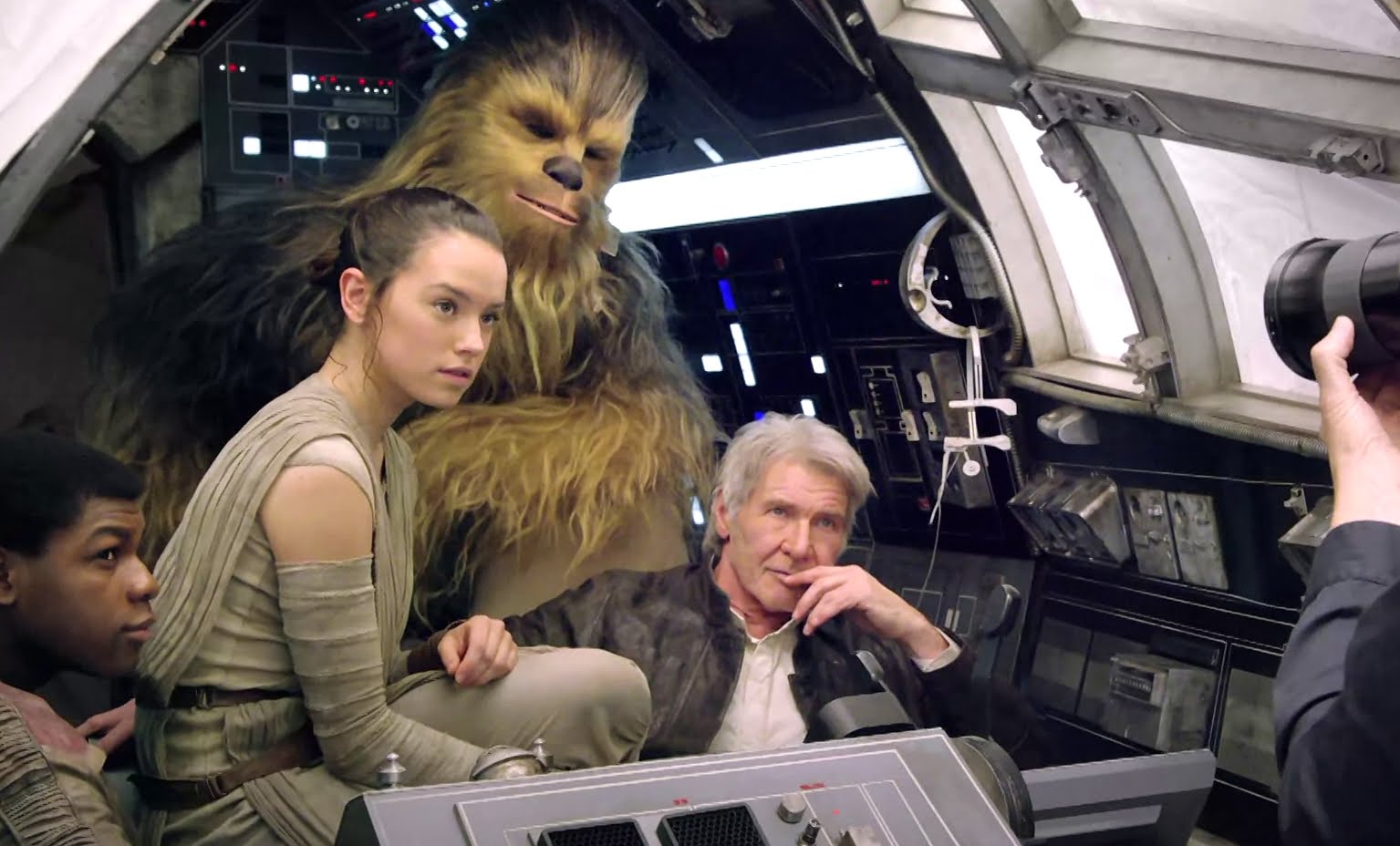It must be a good couple of years ago already by now, but in a corner of Hollywood far, far away, someone at Disney-Lucasfilm took a photograph of four film directors.
On the left, Gareth Edwards, then on the cusp of making the Star Wars spin-off, Rogue One. Next to him, Phil Lord and Chris Miller, the filmmaking duo who were preparing to make another franchise side-story about Han Solo. Then, just sneaking into the frame on the right, Colin Trevorrow, who’d landed the plum job of making Star Wars: Episode IX, the capstone to the current trilogy.
From this standpoint in 2017, that photo looks like the product of a more innocent time. If you’ve been following the movie news, you’ll know what’s happened since: in June, Lord and Miller departed the Han Solo film approximately five months into its production, and were replaced by Ron Howard. Colin Trevorrow, who’d been attached to Episode IX since 2015, announced his departure on the 5th September, with an official statement citing “differing visions”. Gareth Edwards at least survived to the end of Rogue One, but only after a dramatic and difficult production that saw Tony Gilroy step in and oversee a major round of rewrites and reshot sequences.
By now, Lucasfilm’s roster of chosen directors is beginning to look like a list of Henry VIII’s wives: it’s a case of remembering which were divorced and which were a executed. Not in the photo mentioned above was Josh Trank, the Chronicle director who departed an unnamed Star Wars spin-off in 2015.
While it’s likely to be months, if not years, before we discover what’s happened behind the scenes on the Star Wars franchise, it seems fairly plain that there’s a creative struggle going on between Lucasfilm’s chosen directors and the producers above them. After Lord and Miller went, stories emerged that the filmmakers had taken an improvisational approach to their Han Solo adventure rather than sticking to the letter of Lawrence Kasdan’s script – and as a result, they were either ousted or agreed to leave.
With Episode IX, it again appears to be the writing and story that have opened up a rift: Trevorrow first began writing the screenplay (based on The Last Jedi director Rian Johnson’s story treatment) two years ago. In August this year, it was announced that Jack Thorne had been brought in to provide a rewrite. We’re guessing it isn’t a coincidence that, mere weeks later, Trevorrow’s departure was announced.
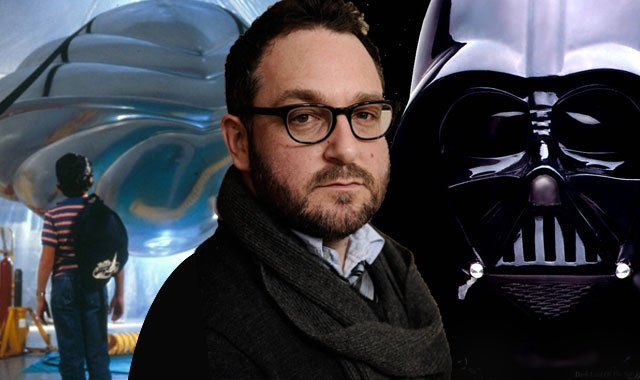
While some online commenters have wondered aloud whether the critical failure of Trevorrow’s The Book Of Henry, released earlier this year, had hastened the director’s departure, sources close to The Hollywood Reporter suggest that the script and story were the true bone of contention. After repeated attempted rewrites, the outlet says, “the working relationship between Trevorrow and Lucasfilm head Kathleen Kennedy became unmanageable.”
All over the web, people have been coming up with directors who could fill the Trevorrow-shaped void in Episode IX. Some have lobbied for Ava DuVernay or Patty Jenkins. Others, Brad Bird or Andrew Stanton. The deeper into the web you go, the more curious the suggestions: get David Cronenberg in, the Canadian who turned down Return Of The Jedi in the early 80s. Offer James Cameron his own private island to give up on Avatar sequels and clamber aboard the Star Wars train instead. Draw a pentangle and raise Orson Welles from the grave. (We may have made those last two up.)
The problem with all these suggestions is that they assume big-name directors really matter to Lucasfilm. Certainly, firing one pair of filmmakers and replacing them with another suggests that, to the studio, directors are essentially interchangeable; Ron Howard’s made some great films over his long career, but the lateness of his arrival on the set of the Han Solo movie likely means he’s there as a safe, seasoned pair of hands, not someone who’s going to stamp the movie with his own unique mark.
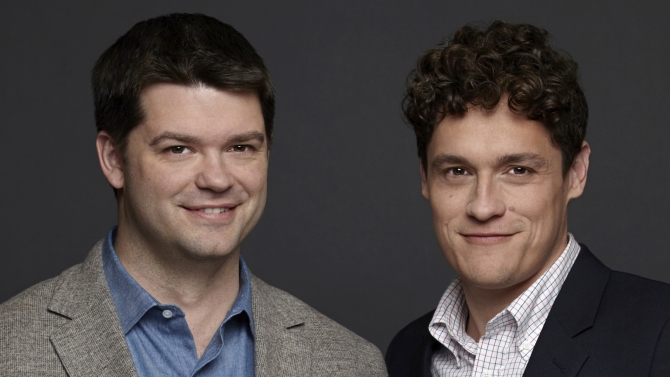
From another standpoint, there’s the question of whether an up-and-coming director like Ava DuVernay, or an experienced filmmaker like Brad Bird, would even want to get involved in something as huge and restrictive as Star Wars Episode IX. There’s a good reason why Davids Cronenberg and Lynch turned down Return Of The Jedi: they didn’t want to play in George Lucas’s sandpit, and in any case, the sandpit didn’t need their strange and singular input.
In the end, Lucas brought in British director Richard Marquand, while Lucas – according to several accounts – directed a fair bit of the second unit or spent much of the shoot hanging around on set, making suggestions. Marquand himself compared directing Return Of The Jedi to making King Lear with Shakespeare looking over his shoulder.
On a movie of the scale of a Star Wars sequel, directors have to shout loudly to have their creative voices heard at the best of times. Live-action stunts, establishing shots and crowd scenes are often handled by a second unit – the number of Hollywood directors who shoot everything with the main unit is vanishingly small. Then there are the hundreds, if not thousands of effects shots, which are handled by Industrial Light & Magic’s team of artists and designers (other effects houses are, of course, available). By the time you factor all the action and effects out, the main director’s essentially left with the job of directing the dramatic bits; hence why Lucas was vocal in his praise for Marquand’s affinity for actors.
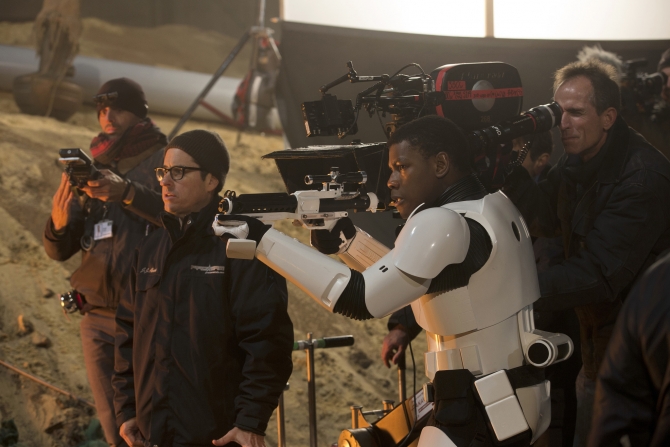
Even in this narrow confine, directors can occasionally run into trouble: if the stories from the set of the Han Solo movie are accurate, Lord and Miller left the production because of the loose, comic performances they were asking from their actors. The whole situation recalls a response that Gareth Edwards often gave when talking about the making of Rogue One:
“There’s such a fine line in Star Wars, if you go just slightly to the left it’s not Star Wars, it’s another sci-fi movie that doesn’t feel right. And if you go slightly to the right, you’re just copying what George did.”
That paragraph could be read as a clue to the director’s dilemma in Star Wars, or any major movie franchise, for that matter: it may look like a vast sandbox from a distance, but up close, the constraints are everywhere to be seen. With a movie like Episode IX, which like Return Of The Jedi will close off a story that is already well established before a frame has been shot, the confines are likely even more narrow than on a spin-off like Rogue One: in essence, the director’s there to oversee the shooting of a long and very expensive TV episode. It’s often said, of course, that television is a writer’s medium, and that cinema is for directors; on the biggest film franchises, it’s arguable that the reverse is true.
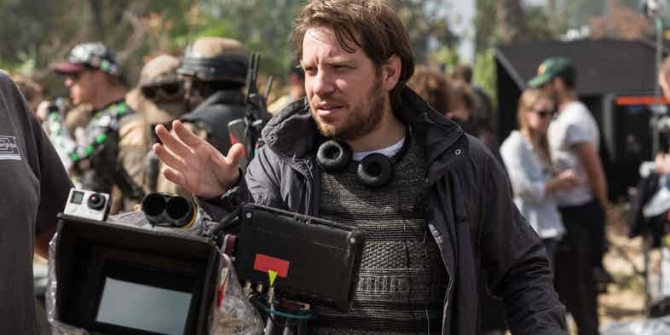
On the subject of TV episodes, David Cronenberg once said something that could apply to directing a project like Episode IX. During an interview with Indiewire, Cronenberg revealed that he’d been asked to direct an episode of True Detective‘s second season. The filmmaker turned it down because he didn’t like the script. Besides, he added, “In TV, the director is just a traffic cop.”
The Star Wars franchise’s high turnover of directors could be down to this very problem: with so much of the space opera universe established, and with so much money at stake, filmmakers are reduced to doodling in the margins rather than making their own bold, personal statements.
So if you’re hoping that Kathryn Bigelow, or Jordan Peele, or Werner Herzog will wind up at the helm of Episode IX or some other future sequel, it might be worth bearing this in mind: they don’t need Star Wars, and Star Wars, in all likelihood, doesn’t need them.

